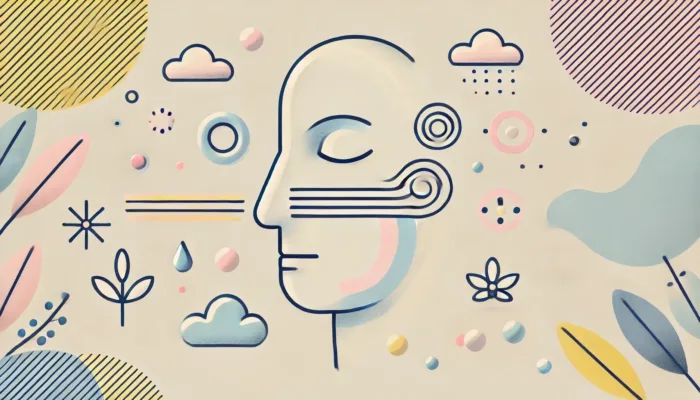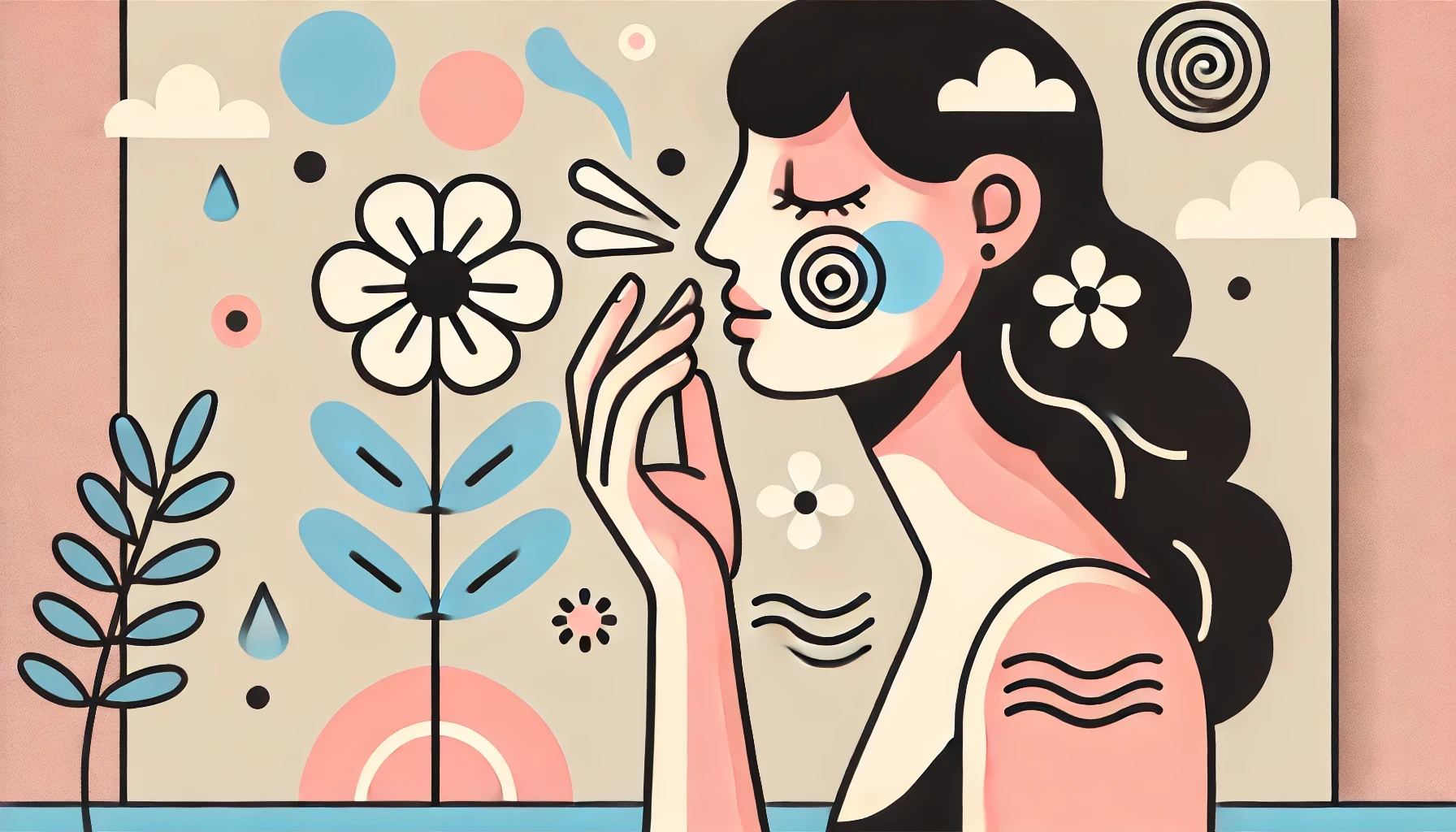Seasonal allergies, also known as hay fever or allergic rhinitis, affect millions of people worldwide. They occur when your immune system overreacts to allergens like pollen, mold spores, or pet dander. This comprehensive guide will help you understand the causes, symptoms, treatments, and preventive measures to manage seasonal allergies effectively.
Understanding Seasonal Allergies
What Are Seasonal Allergies?

Seasonal allergies occur when your body’s immune system reacts to allergens typically present during certain times of the year. These allergens are harmless to most people but can cause significant discomfort for those who are sensitive.
Common Triggers
- Pollen: Trees, grasses, and weeds release pollen during spring, summer, and fall.
- Mold Spores: Mold grows in damp environments and releases spores that can be inhaled.
- Dust Mites: Present year-round but can worsen during humid seasons.
- Pet Dander: Proteins found in skin flakes, saliva, and urine of pets.
Symptoms and Diagnosis
Recognizing the Symptoms
- Sneezing
- Runny or Stuffy Nose
- Itchy or Watery Eyes
- Itchy Throat or Ears
- Postnasal Drip
- Fatigue
When to See a Doctor
If over-the-counter medications don’t alleviate your symptoms or if they interfere with your daily life, consult a healthcare professional. They may recommend allergy testing or prescribe stronger medications.
Treatment Options
Over-the-Counter Medications
- Antihistamines: Relieve sneezing, itching, and runny nose (e.g., cetirizine, loratadine).
- Decongestants: Reduce nasal congestion (e.g., pseudoephedrine).
- Nasal Sprays: Alleviate nasal symptoms (e.g., fluticasone nasal spray).
Prescription Treatments
- Stronger Antihistamines: For more severe symptoms.
- Allergy Shots (Immunotherapy): Desensitize your immune system to specific allergens.
- Leukotriene Modifiers: Reduce inflammation and mucus production.
Natural Remedies
- Saline Nasal Irrigation: Helps clear nasal passages.
- Butterbur Extract: May reduce symptoms (consult a doctor first).
- Quercetin: A natural flavonoid that may act as an antihistamine.
Preventive Measures
Lifestyle Changes
- Monitor Pollen Counts: Check local forecasts and limit outdoor activities when counts are high.
- Keep Windows Closed: Use air conditioning to filter air.
- Shower After Being Outdoors: Removes pollen from your skin and hair.
Environmental Controls
- Use HEPA Filters: In air purifiers and vacuums to trap allergens.
- Clean Regularly: Reduce dust and mold in your home.
- Avoid Outdoor Activities in Early Morning: Pollen counts are usually highest between 5 a.m. and 10 a.m.
Living with Allergies
Diet and Nutrition
- Anti-Inflammatory Foods: Include omega-3 fatty acids, fresh fruits, and vegetables.
- Stay Hydrated: Helps thin mucus secretions.
- Avoid Trigger Foods: Some foods can cross-react with pollen (oral allergy syndrome).
Exercise and Physical Activity
- Indoor Workouts: Exercise indoors during high pollen days.
- Clean Environments: Ensure your gym or workout space is free from allergens.
Mental Health Considerations
- Stress Management: Stress can exacerbate symptoms; practices like yoga and meditation can help.
- Support Groups: Connecting with others can provide coping strategies and emotional support.
Frequently Asked Questions
Can seasonal allergies develop later in life?
Yes, it’s possible to develop allergies at any age due to changes in the immune system.
Are there long-term effects of untreated allergies?
Untreated allergies can lead to complications like sinus infections, poor sleep quality, and decreased quality of life.
Is there a cure for seasonal allergies?
While there’s no cure, symptoms can be managed effectively through medication, lifestyle changes, and in some cases, immunotherapy.
Conclusion
Seasonal allergies can be challenging, but understanding the triggers and management strategies can significantly improve your quality of life. Consult with healthcare professionals to develop a personalized treatment plan.
References
- American Academy of Allergy, Asthma & Immunology
- Mayo Clinic – Seasonal Allergies
- World Allergy Organization
Note: Always consult a healthcare professional for medical advice tailored to your personal needs.
